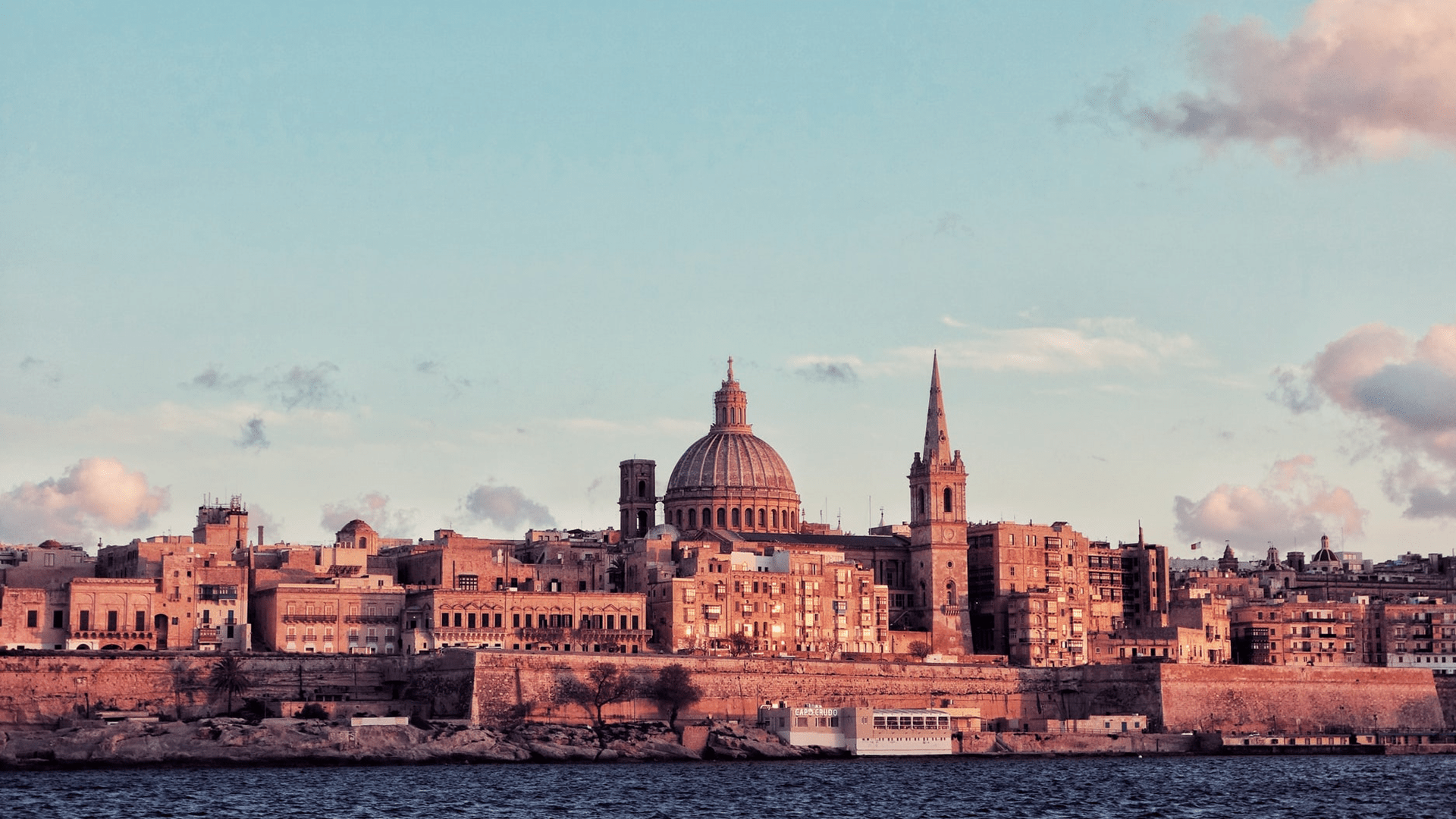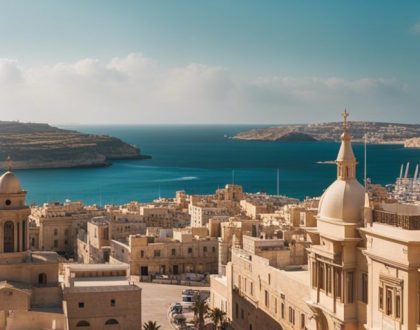164% Increase in Residence Permits in Malta

Malta, the picturesque Mediterranean gem, has been witnessing a significant surge in the issuance of new residence permits. Recent data from Eurostat sheds light on a noteworthy trend – a remarkable 164% increase in the number of residence permits issued in 2022 compared to the previous year. This growth places Malta in the spotlight of European migration dynamics, showcasing its appeal as a destination of choice for both employment and other opportunities.
A Remarkable Surge in Residence Permits
In the year 2022, Malta welcomed almost 38,000 individuals with new residence permits, marking a staggering 164% surge from the approximately 14,000 permits granted in the preceding year. While this growth is indeed remarkable, Malta wasn’t alone in this trend. Germany, known for its economic prowess, experienced an even more astounding increase of 190%, granting nearly 540,000 new permits. Ireland too joined the ranks, boasting a growth rate of 146%, resulting in the issuance of approximately 86,000 permits.
Malta’s Profile in the Migration Landscape
Malta’s ascent in the European residence permit landscape doesn’t end here. The country also stood out in terms of permits granted for employment purposes. A substantial number of 27,500 permits were issued for employment, further establishing Malta’s attractiveness for skilled professionals and workers seeking new horizons.
Diverse Reasons Behind Residence Permits
Delving into the specifics, residence permits were granted for various reasons. Education accounted for 14% of the permits issued, while 7% were extended to family members joining their loved ones in Malta. Another 6% were allocated for “other reasons,” which encompassed a range of circumstances including international protection.
Comparing Across Borders
Comparing Malta’s statistics with those of Germany adds context to the bigger picture. Interestingly, while in Germany only 15% of residence permits were granted for work purposes, a significant 35% were allocated for family considerations, and 37% were issued for other reasons.
Economic Drivers of Residence Permits
Unsurprisingly, employment stood as the main driver for the issuance of residence permits across the broader EU landscape. A staggering 42% of the nearly 3.7 million residence permits granted in the previous year were linked to employment opportunities. This showcased an 18% surge compared to the previous year, emphasizing the growing cross-border movement of skilled professionals and workers.
Preferred Destinations and Notable Figures
Within this dynamic landscape, Spain emerged as the most favored destination for workers in 2022. Impressively, over 145,000 permits were granted for employment in the Spanish job market. Germany and Italy followed closely, securing the second and third positions with approximately 82,000 and 67,000 permits respectively. On the other hand, France secured its reputation as a leading destination for education, issuing more than 100,000 permits to international students arriving to pursue their studies.
Population Dynamics and Contributions
Last year, Malta’s population experienced a notable expansion of 4.2%, reaching an estimated 542,051 people. Notably, third-country nationals comprised a significant 83.1% of the total net migrants in 2022. It’s worth noting that EU nationals relocating to Malta do not require employment permits, showcasing the ease of movement within the EU bloc.
Unveiling Social Security and Economic Contributions
Parallelly, a significant revelation in January spotlighted the social and economic contributions of non-Maltese residents. Social security contributions from these individuals surged by an astounding 570% over the past decade, rising from slightly over €30 million per year in 2012 to a staggering €202 million in 2021. The cumulative contribution of foreign workers to Malta’s economy has exceeded an impressive €1 billion since 2012.
Challenges and the Road Ahead
Yet, as Malta experiences these dynamic shifts in its economic and demographic landscape, challenges have emerged. The influx of third-country nationals has sparked debates about the nature of employment and its impact on the country’s infrastructure. Finance Minister Clyde Caruana acknowledged the strains and challenges arising from the nation’s reliance on foreign workers. He stressed the need for identification and addressing these challenges, particularly in areas such as infrastructure, education, and healthcare.
Frequently Asked Questions
Why has Malta seen a surge in residence permits?
Malta has experienced a significant increase in residence permits due to its growing appeal as a destination for employment and other opportunities.
How does Malta’s growth compare to other EU countries?
Malta’s growth in residence permits is remarkable, with a 164% increase. However, Germany stands out with a staggering 190% growth rate.
What are the main reasons for residence permits in Malta?
The main reasons for residence permits in Malta include employment, education, family reunification, and “other reasons,” which includes international protection.
How has Malta’s population composition changed?
Malta’s population grew by 4.2% in the past year, with third-country nationals constituting a significant portion of net migrants.
What challenges has Malta faced due to foreign workers?
The influx of foreign workers has led to strains on Malta’s infrastructure and sparked discussions about the nature of work done by third-country nationals. Finance Minister Clyde Caruana has acknowledged these challenges and emphasized the need for addressing them.
Recommended Posts

Malta’s iGaming Frontier – Best Brands
May 17, 2024

How to Start Your Malta Business Journey
May 17, 2024




